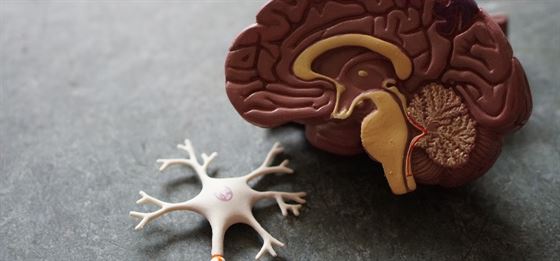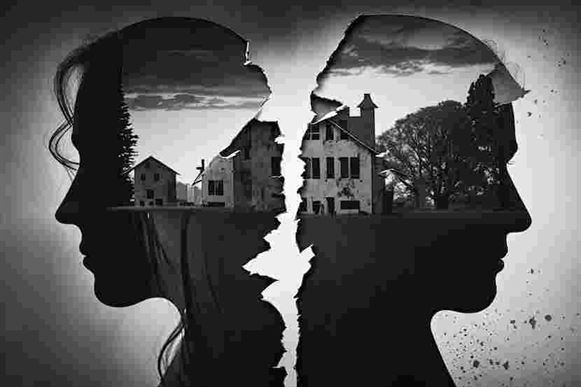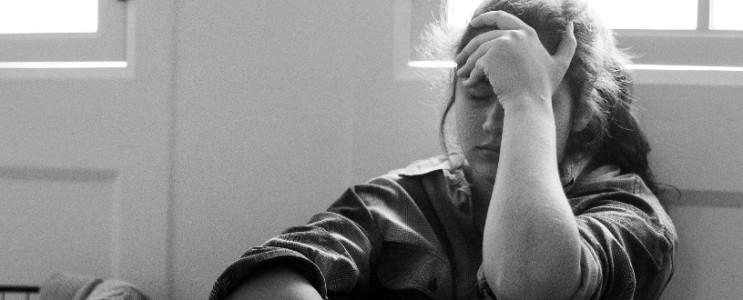
What is Family Therapy?

Family dynamics have a big impact on your life, for better or for worse. Just think about how much time you spend with your family every day. Even if you don't live with your family, you probably talk to them regularly and see them often. When family members are going through tough times, it can be hard to cope. Maybe you are dealing with a divorce, or someone in your family has a mental health condition. Maybe there has been a death in the family, or someone is struggling with addiction. Many families go through difficult times, and there is help available. If you are thinking about seeking family therapy, there are a few things you should know first.
What is Family Therapy?
Families are the first line of defense against mental illness and emotional distress. Family therapy is a type of psychological counseling that helps family members improve communication and resolve conflicts. It helps families work through challenges together. Every member of the family gets a chance to share their feelings and perspectives in a safe and supportive environment. A study has found evidence family therapy leads to improved family relationships, emotional and physical health and social life.
How Does Family Therapy Work?
In family therapy, the therapist will typically meet with all members of the family at once. During sessions, the therapist will encourage open communication and guide how to resolve conflicts. Family therapy sessions usually last between 50 minutes and an hour.
Types of Family Therapy
There are different types of family therapy, depending on the needs of the family.
1. Structural Family Therapy
It focuses on changing the way families interact with each other and aims to improve communication and help family members understand and respect each other's perspectives. A study found evidence that structural family therapy is useful for adolescents who have mental health issues.
2. Strategic Family Therapy
This type of therapy focuses on solving specific problems. An example might be helping a family deal with a teenage son who is skipping school and using drugs.
3. Systemic Family Therapy
This type of therapy takes a more holistic approach, looking at the family as a system. The therapist may also meet with members of the extended family or other important people in the person's life.
4. Psychoeducation
This type of therapy helps families understand mental illness and its effects on behavior. It can be helpful for families who are dealing with a loved one with a mental health condition.
What Happens During Family Therapy Sessions?
During each session, the therapist will check in with each family member to see how they are doing and see what progress has been made since the last session. The therapist will also discuss any new challenges which have arisen since the last session and may assign tasks or activities for the family to do between sessions. Depending on the reason the family has sought support, the therapist will help in changing unhealthy patterns that exist between members of the family unit
Who Can Benefit From Family Therapy?
Whether your family is going through a specific challenge or you just want to improve your relationships, family therapy can be helpful.
What are the 5 Key Benefits of Family Therapy?
Family therapy is effective for several reasons. Here are five key benefits:
1. Improved Communication Within the Family
Open lines of communication are essential for any healthy relationship. Family therapy can help family members learn to communicate more effectively with each other thus leading to improved relationships.
2. Increased Understanding and Empathy
In family therapy, each family member gets a chance to share their feelings and perspectives in a safe and supportive environment. This can help family members to understand and empathize with each other more. It can also help families cope with difficult life transitions.
3. Greater Insight into Family Dynamics
Family therapy can help family members to understand the role they play in the family system and how their behaviour affects other members of the family.
4. Enhanced Problem-Solving Skills
Problem-solving skills are important because they can help families to deal with future challenges in a more constructive way. It also creates a sense of empowerment for family members.
5. Increased Overall Satisfaction With Family Life
The ultimate goal of family therapy is to improve relationships within the family. By working through challenges together, families can develop stronger bonds and improved relationships.
Happy families tend to be more satisfied with their lives overall.
What to Look for in a Family Therapist?
When you are looking for a family therapist, it's important to find someone who is experienced and qualified to work with families. You should also make sure the therapist is a good fit for your family's needs. You can start by asking your primary care doctor for a referral, or searching online for a qualified therapist in your area. Once you have found a few potential therapists, it's important to schedule a consultation to make sure they are a good fit for your family.
There are many different types of families out there, but one thing remains true for all of them: families go through challenges together. Family dynamics have a big impact on our lives—for better or for worse—and when things are tough it's important to remember you are not alone. Many families go through difficult times and there is help available.
Articles
Build your awareness and get inspired with our researched articles on how you can strengthen your well-being
Popular Topics
An OTP has been sent to the email address
provided.
Please check your Inbox and Spam folders.

What Would You Like to Speak with a Specialist About?
Mental Fitness Journey starts Now!
Chearful Connects you with Top-tier Qualified Wellness specialists for the Price of a cup of Coffee!

Next Steps
- A Client Team member will reach out to you to schedule a session with the most suitable specialist.
- You will receive an email with a 10% Discount Code* for your 1st session.
- We invite you to Explore the Platform & Sign Up today! *Upto a maximum of $10 discount on a session purchased




 614 Read
614 Read



.jpg)







.png)

.jpg)

.jpg)




.jpg)
































.jpg)

.jpg)




























